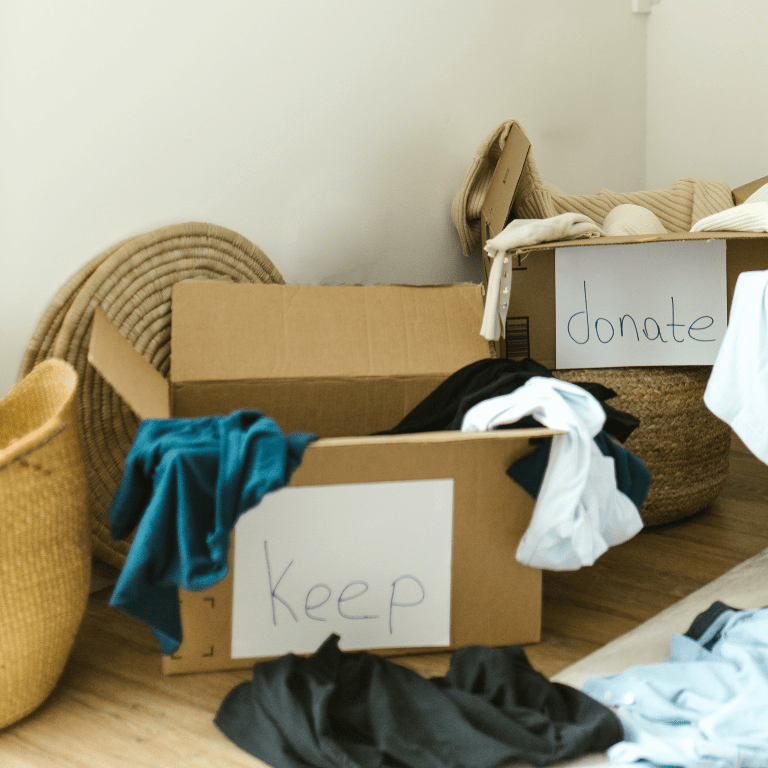
1. Open My Factory: ALBA E-Waste Logistics & Sorting Hub

Time: 10:00 a.m. – 12:00 p.m., Fri, 1st of March
Location: Tuas Crescent MRT Station Exit B (Street Level)
Organiser: My Community
Description:
How do we properly dispose of our batteries, printers and light bulbs? Step into ALBA’s E-Waste Sorting & Logistics Hub and learn about the different types of e-waste collected in Singapore. Witness the drivers and sorters in action, as we unravel the practical challenges to recycling our mobile phones and tablets, printers, television and more.
2. Singapore Maritime Gallery Tour

Time: 10:00 a.m. – 11:00 a.m., Sat, 2nd of March
Location: Level 2, Marine South Pier, 31 Marina Coastal Drive Singapore, 018988
Organiser: Maritime and Port Authority Singapore
Description:
Participate a 1-hour walking tour at Singapore Martime Gallery. It will take you on a voyage to discover the story of Maritime Singapore. The gallery offers an opportunity to explore Singapore’s rich maritime heritage, the vital link between the maritime industry and our daily lives, and how Singapore maintains its position as a global hub port and leading international maritime centre, tapping on technology to remain world-class and future ready.
3. Coral Woman — International Women’s Day Event

Time: 7:00 p.m. – 9:00 p.m., Fri, 8th of March
Location: 6001 Beach Road, Golden Mile Tower, #05-00, Singapore 199589
Organiser: The Projector
Description:
Get ready for an evening of conversation, art, inspiration and activism!
In Coral Woman, we follow Uma who has been painting coral reefs as the subject of her art despite never having been underwater to see actual corals. At age 49, she learns how to dive and discovers some hard truths about the state of coral reefs in India. This isn’t just a film; it’s a story of empowerment, female resilience, growth, rediscovery and the transformative power of art. From coral bleaching to pollution to governmental passivity, Coral Woman confronts it all.
4. SG Eco Ranger Sustainability Workshop: Eco Enzyme Making

Time: 9:00 a.m. – 11:30 a.m., Tue, 12th of March
Location: PAssion Wave @ Sembawang, 60 Jalan Mempurong, Singapore 759058
Organiser: PAssion Wave @ Sembawang
Description:
Did you know that you can make your own eco-enzyme at home and old oil can be made into soap?
Find out more about being environmentally conscious and how to be sustainable in our daily lives. Learn fascinating tips with SG Eco rangers and bring home your sustainable products.
5. WWF Earth Hour Festival 2024

Time: 11:00 a.m. – 10:00 p.m., Sat, 23rd of March
Location: Wisma Atria
Organiser: WWF SG
Description:
Join the WWF Earth Hour Festival 2024 at Wisma Atria. Join WWF for a day of fun-filled activities and performances and witness Singapore’s bustling shopping district go dark for an hour as we collectively pledge our commitment to a climate-resilient future.
6. SG Eco Arts Festival: Eco for the Sake of…

Time: 2:00 p.m. – 3:30 p.m., Sun, 24th of March
Location: 277 Orchard Road orchardgateway #03-12/#04-11 Singapore, 238858
Organiser: GoLibrary | National Library Board, Singapore
Description:
The Singapore Eco Arts Festival is an upcycling and sustainable arts festival that showcases and shares creative ways of repurposing waste in Singapore.
In this event, the co-organisers of the SG Eco Arts Festival will be sharing about their journey in bringing together creative practitioners, community initiatives, and members of the public to celebrate and learn about innovative sustainable practices as well as circular thinking.
7. Plastic: Remaking Our World

Time: 23rd Jan. – 23rd Jun., 2024
Location: National Museum of Singapore, 93 Stamford Road Singapore
Organiser: National Museum of Singapore
Description:
Plastic: Remaking Our World examines the history and future of this controversial material: from its meteoric rise in the 20th century and its environmental impact to cutting-edge solutions for a more sustainable way of using plastic. The exhibition features over 300 objects, posters, films and photographs from the Vitra Design Museum and its partners, including rarities from the dawn of the plastic age, objects of the pop era and contemporary designs and projects, with additional content on the use of plastic and sustainability in Singapore.
8. Zero • Market

Time: 9:00 – 14:00, 1st and 3rd Saturday & Sunday
Place: Tzu Chi Humanistic Youth Centre, 30A Yishun Central 1, Singapore 768796
Organiser: Tzu Chi Humanistic Youth Centre 慈济人文青年中心
Description:
The Zero • Market is a sustainable lifestyle market, where fresh produce and sustainable goods are available! They are working towards Zero Waste, starting with Zero Meat and Zero Plastic (except for unavoidable plastic packaging). It takes place every 1st and 3rd weekend (Saturday and Sunday) of the month unless otherwise stated. Visit the Zero • Market and don’t forget to bring your own bag!
Learn more here.
9. Repair Kopitiam

Time: Sunday, 24th March
Place: Various locations
Organiser: Repair Kopitiam
Description:
Repair Kopitiam is an initiative designed to combat the disposable culture by offering a platform where individuals can mend their personal belongings with guidance and assistance from volunteer “Repair Coaches”. This do-it-yourself (DIY) repair event takes place on the final Sunday of each month at different locations throughout the country. To participate, attendees need to schedule a specific timeslot and are allowed to bring up to two items for repair during each session.
Booking opens on 8th March through 20th March. Read event house rules here.













































































